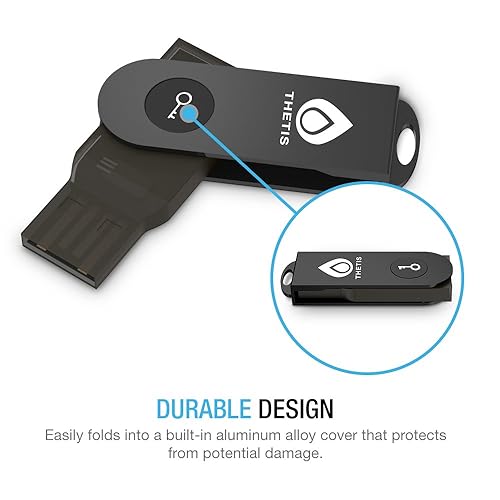TromboneAl
Give me a museum and I'll fill it. (Picasso) Give me a forum ...
- Joined
- Jun 30, 2006
- Messages
- 12,880
I ordered one of these for two reasons:
1. Someone in a book I'm writing uses one, and I want to have a feeling for how it works.
2. I'm paranoid about someone accessing my Vanguard account. Once someone tried to log in to it. The reps and I concluded that it was a result of someone having a login name that was similar to mine, but still, that woke me up.
When I get the key, I'm going to attach it to my Vanguard account.

1. Someone in a book I'm writing uses one, and I want to have a feeling for how it works.
2. I'm paranoid about someone accessing my Vanguard account. Once someone tried to log in to it. The reps and I concluded that it was a result of someone having a login name that was similar to mine, but still, that woke me up.
When I get the key, I'm going to attach it to my Vanguard account.

Last edited:
